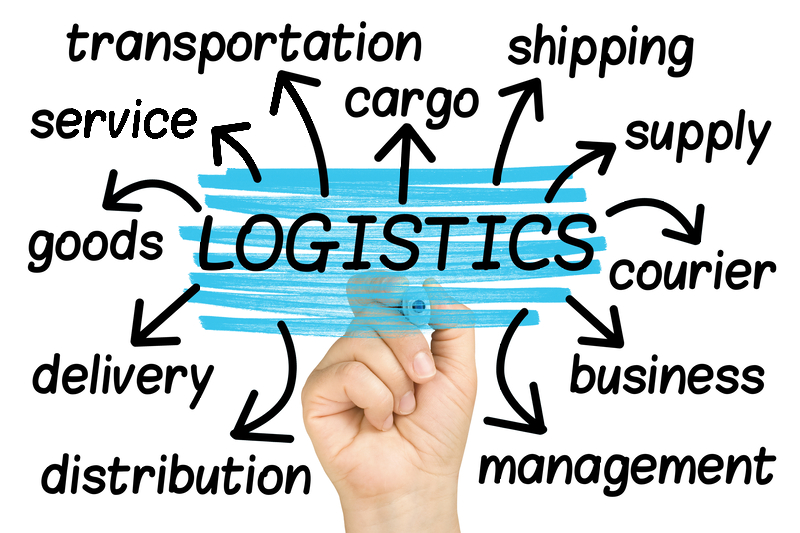No matter what industry you are in, if you rely on goods and materials to produce your product, then you rely on a supply chain. Supply chains can be incredibly complex, and even the slightest disruption can have a massive impact on businesses.
There are just three of the critical industries that rely on supply chains to function properly.
Manufacturing
Manufacturing is a critical industry that relies on supply chains to produce finished goods. Raw materials must be sourced, transported, and processed into finished products. This process requires coordination among suppliers, manufacturers, and customers. disruptions at any point along the supply chain can cause delays and production problems. That’s why it’s so important for manufacturers to have a well-designed and functioning supply chain.
A well-functioning supply chain enables manufacturers to source raw materials quickly and efficiently, transport them to the manufacturing facility, and then ship the finished product to the customer promptly. By having a well-functioning supply chain, manufacturers can produce high-quality products quickly and efficiently, ensuring customer satisfaction.
Healthcare
Healthcare is one critical industry that relies on supply chains. From hospitals to manufacturing companies, the healthcare industry needs a steady stream of supplies to function properly. Natural disasters and pandemics can hurt medical supply chains. For example, hurricanes can damage factories and transportation hubs, making it difficult to get medical supplies to where they’re needed. And when a pandemic strikes, the demand for certain medical products often skyrockets, leading to shortages.
That’s why healthcare organizations need to have robust contingency plans in place to ensure that they can continue to meet patient needs even in the face of disruptions. By being prepared for the worst, they can help ensure that patients always have access to the care they need.
Agriculture
Agriculture is a critical industry that relies on supply chains to bring food from farm to table. The modern food system is a complex network of growers, processors, distributors, retailers, and consumers. At each step of the way, crops must be harvested, transported, stored, and sold promptly to avoid spoilage. This requires a coordinated effort between farmers, truckers, warehouses, grocery stores, restaurants, and other customers. A breach in any link in the supply chain can cause disruptions that ripple throughout the entire system.
For example, a severe drought may affect farmers’ ability to produce crops, leading to higher prices for food items further down the line. By understanding how agriculture fits into the larger picture of global trade, we can appreciate the importance of maintaining a well-functioning supply chain.
Supply chains are everywhere in the global economy. There are very few industries that aren’t impacted in some way or another by supply chains. Understanding how supply chains impact these three critical industries can help.
Did you enjoy reading this article? Here’s more to read. Why Outsourcing is Critical for the Continued Success of Your Business

